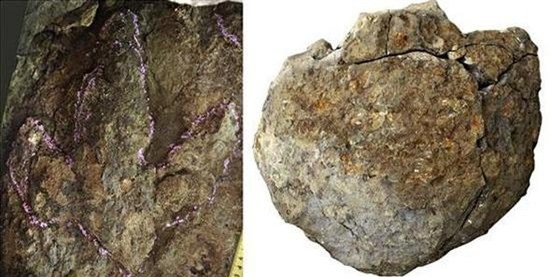Brit Award and Turner Prize winners, including Rag n’ Bone Man, will join over 70 leading UK tech and digital businesses showcasing ‘Brand UK’ at the world’s largest creative festival in Texas this weekend.
Over 1,500 UK delegates are traveling to Austin, Texas, as the UK is set to have the biggest international presence at the South by Southwest (SXSW) festival. Performers and businesses will look to break into lucrative US and international markets, supported by government and industry experts such as Mick Fleetwood of Fleetwood Mac.
The Department for International Trade is supporting UK businesses to attend including virtual reality technology firms from Northern Ireland, companies from London developing smart cities solutions and delegates from Birmingham, Manchester and Wales. They will be helped by DIT to build vital contacts with international investors, bringing in tens of millions of pounds to the UK economy.
International Trade Minister Greg Hands, who will visit the event this weekend, said:
Our huge presence here at South by Southwest, the biggest of any country outside the US, shows the strength of ‘Brand Britannia’ internationally. From what we watch and listen to, to the new technologies making our cities better places to live – UK companies and individuals are here demonstrating ground-breaking ideas that are leading the world.
Last year we helped boost new export opportunities for our home-grown businesses by around £10 million and with our biggest ever delegation, this year aims to be even bigger and better.
The festival, which last year welcomed 87,000 participants including former US President Barack Obama, is a huge opportunity for performers and businesses to attract investment into the UK’s £90 billion creative industries.
Through government support in 2015 over 20 inward investment projects to the UK, and over £10 million in new export business wins for UK companies, was generated from SXSW. One company, Trackd, an app which allows musicians to record and share music studio-style, secured a £1.25 million contract through DIT support at SXSW.
Also, successful artists such as Bastille, and The 1975 have used the festival to launch their US careers, selling millions of records in the country. DIT is the lead partner of the British Music Embassy, a venue in Austin where for the tenth year the department and UK music industry will showcase the best new British music artists. The British Music Embassy will host over 50 performances from artists such as Rag n’ Bone Man and Yorkshire-based punk newcomers Life, who are included in the BBC Introducing showcase.
Throughout the week long event, DIT will host performers, businesses and investors for three days at the Great Britain House – a national pavilion showcasing the very best the UK has to offer in the tech, creative and music industries.
Events include:
- a Q&A session for British businesses with Mick Fleetwood: legendary drummer, band leader and founding member of world-renowned rock group, Fleetwood Mac
- sessions on the impact of AI on artists with Arts Council England and nine creative delegates, from an interactive dance company to a cutting-edge virtual orchestra
- workout sessions from global UK sports brand Sweaty Betty
One company attending SXSW with DIT support is Pavegen, based in London and Cambridge – demonstrating its revolutionary street paving which generates electricity from footsteps and captures data within the urban environment.
Laurence Kemball-Cook, founder and CEO of Pavegen said:
This year’s South by Southwest is crucial for us, helping us to build vital relationships with some of our most important international customers. With the support of the Department for International Trade we’re now closing some of our biggest deals yet, in the US and beyond.
Notes to editors
- Founded in 1987 in Austin, Texas, SXSW is best known for its conference and festivals that celebrate the convergence of the interactive, film and music industries
- SXSW 2016 featured more than 2,000 sessions including keynotes by President Barack Obama and First Lady Michelle Obama, plus dozens of visionaries at the forefront of their industries to more than 87,000 participants
